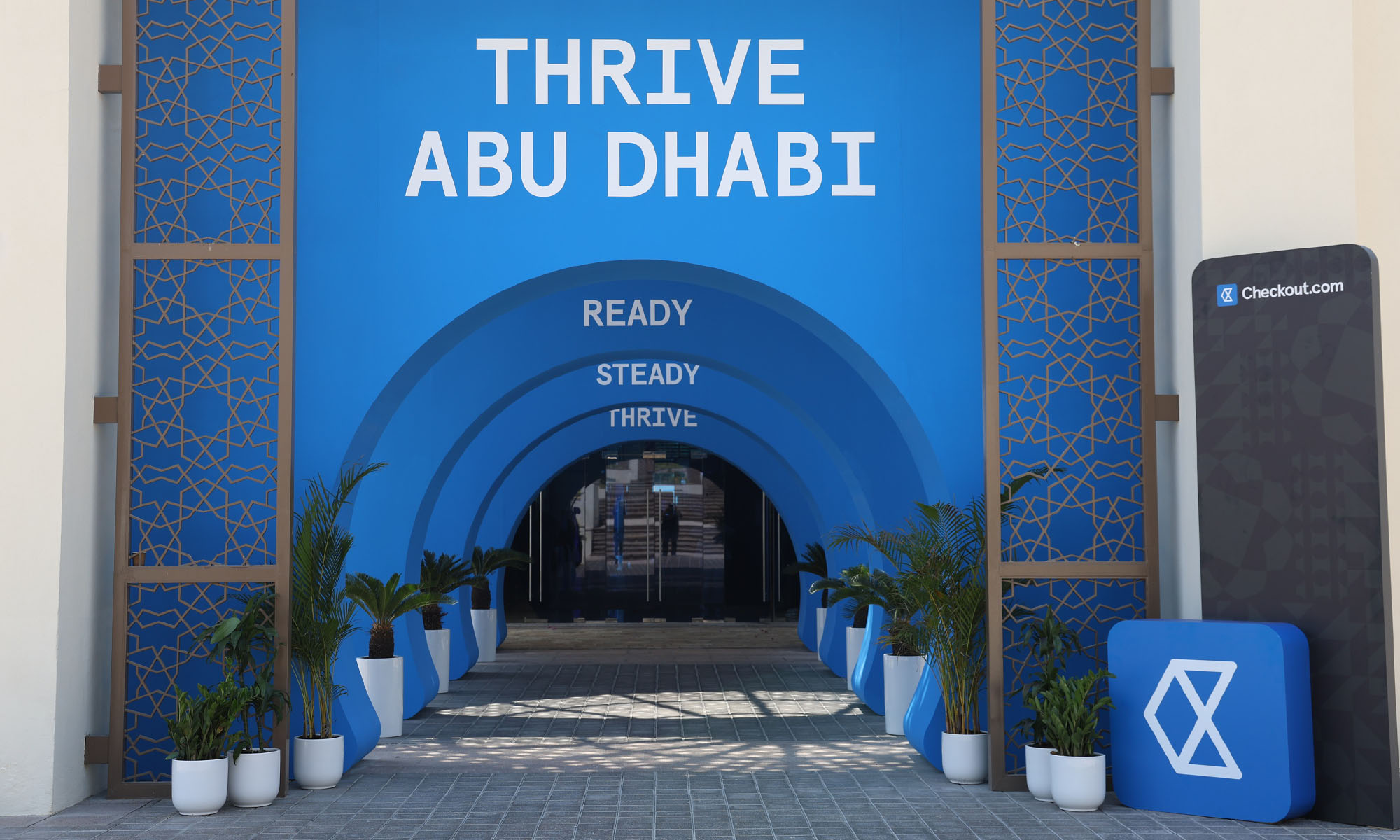News
Gen Z Spearheading Payment Innovation In The Middle East
According to new data, Gen Z’s adoption of new payment technology is driving widespread growth across the MENA region.

As Gen Z begins to make its presence felt in economies worldwide, the technological proficiency of the demographic is driving innovation in the digital space. In the Middle East — and the UAE especially — research shows a sharp drop in cash purchases as digital payments and their associated technology become commonplace.
According to data from Amazon Payment Services, a digital payment revolution is taking place in the UAE, with contactless and app-based transactions rising at a compound annual growth rate of 18.3% between 2021 to 2023.
“About 61% of Gen Z in the UAE have digital wallets, which indicates that they are adopting new ways of payments and technology. On the other hand, millennials have access to disposable income. Many of them are entrepreneurs and are not only users of digital payments from a consumer perspective but also a business perspective. This combination is the unbeatable match in the region,” says Peter George, Managing Director of Amazon Payment Services.
Also Read: Best Video Streaming Services In The Middle East
According to George, travel, hospitality, and airlines have seen the most significant changes in payment preferences. By 2023, however, the UAE, Saudi Arabia, and Egypt’s digital payment sectors are expected to double in size across the board. High rates of internet use, a fintech boom, and a comparatively young population are driving the digital payment sector, eventually leading to a trickle-down effect allowing small businesses to flourish.
News
Checkout.com Set To Launch Card Issuing In The UAE
The payment service provider’s expansion is a first-of-its-kind investment and could reshape digital transactions across the region.

Checkout.com is laying the groundwork to become the first global payments platform to introduce card issuing in the United Arab Emirates — a move that could reshape how businesses in the region manage financial transactions.
The company plans to roll out its domestic card issuance offering in the UAE by 2026, subject to regulatory approval. The launch would give businesses the tools to issue both physical and virtual branded cards. This, in turn, opens up new ways to reward customers, streamline expense processes, and handle B2B payouts efficiently.
Checkout.com’s CEO and Founder, Guillaume Pousaz, revealed the plans during Thrive Abu Dhabi, the firm’s debut conference in the Emirates. Joined on stage by Remo Giovanni Abbondandolo, General Manager for MENA, Pousaz presented to an audience of over 150 partners and merchants at Saadiyat Island. Also in attendance was H.E. Omar Sultan Al Olama, the UAE’s Minister of State for Artificial Intelligence, Digital Economy, and Remote Work Applications.

Abbondandolo highlighted the strategic importance of the announcement: “As a global business, we focus on bringing products to markets that our customers want and need. Today’s announcement is proof of our commitment to the MENA region and its rising influence in the digital economy. The appetite for innovation here is real, and we’re proud to be building the infrastructure that powers it”.
One early adopter of Checkout.com’s UAE acquiring services is Headout, a travel experiences marketplace, which recently named the payment provider as its main partner in Europe. The company has already begun card issuing there and is keen to expand that offering into MENA once approval is granted.
The expansion of services in the UAE and beyond builds on Checkout.com’s track record in the region. It was the first global payments firm to secure a Retail Payment Services license from the UAE’s Central Bank and was instrumental in rolling out Mada and Apple Pay in both the UAE and Saudi Arabia.
Also Read: Protecting Your WhatsApp Account From Hackers: Kaspersky Expert Tips
The firm has also been rolling out new products: One of the latest is Flow Remember Me, currently in beta testing. It allows shoppers to store their card information once and access it across Checkout.com’s entire network, potentially cutting checkout times by up to 70%.
Earlier this year, Checkout.com also introduced Visa Direct’s Push-to-Card solution in the UAE, enabling both domestic and international payouts. Its collaboration with Mastercard has grown as well, making it easier for businesses to send funds directly to third-party cards securely and quickly.
With regional tech ambitions on the rise — spurred by initiatives like Saudi Arabia’s Vision 2030 and the UAE’s 2031 Agenda — Checkout.com sees its role as one of a key enabler. “Our mission is to help ambitious businesses navigate the complexity of payments, so they can move faster, go further, and make the most of every opportunity,” said Abbondandolo. “In MENA, performance is personal. It’s local. It’s built on trust. And when payments perform, businesses thrive”.

























